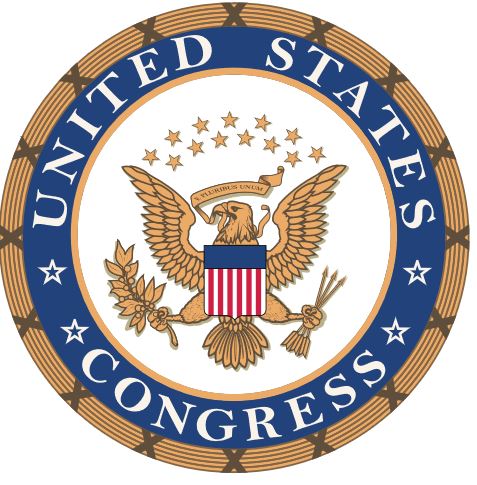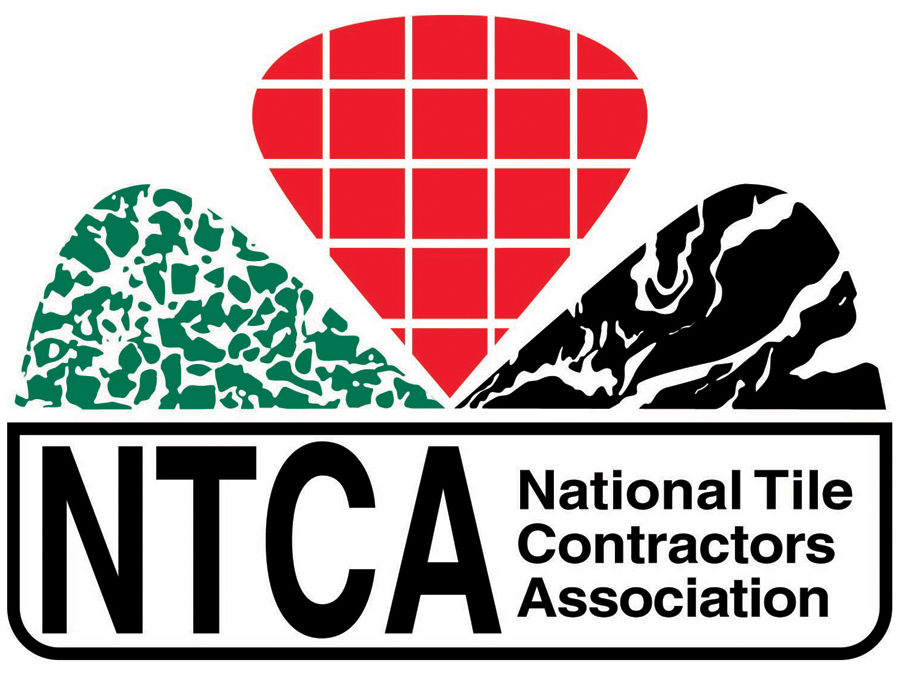During this time of national crisis, we at NTCA are committed to supporting our members in these unprecedented and challenging times. We feel the following information can be very helpful to our members and wanted to share this with you for your consideration. We will keep you apprised of new information as it becomes available to us.

As most of you already know, Treasury Secretary Steve Mnuchin and Speaker of the House Nancy Pelosi (D-CA) reached an agreement over the weekend on a coronavirus response bill. Shortly after midnight Saturday morning the House of Representatives passed the Families First Coronavirus Response Act (H.R.6201) (the “Bill”) incorporating the Agreement with bipartisan support. The House has approved some technical changes late Monday and the Bill passed in the Senate today 90-8, without changes. It now heads to the President’s desk for enactment. The President has publicly stated that he supports the proposed law.
This is the second bill in response to the coronavirus crisis. The initial relief package signed into law by President Trump in early March provided state and local governments with $950 million in emergency preparedness funding, $826 million went to the National Institute of Allergy and Infectious Diseases at the CDC to jump start a cure for the virus, and $3.1 billion went to help state and local health departments purchase medical supplies.
Speaker Pelosi has already announced that the Congress will begin drafting a third round of legislation that would focus primarily on the economic impacts of the virus. However, she has warned that it could take some time before the full scope of economic effects are known. In preparation for this third effort, Members of Congress are asking for proposals of what else will be needed to deal with impact of the coronavirus pandemic. Some prognosticators in Washington have predicted that the level of economic relief could mirror that which was passed back in 2009 to combat the Great Recession.


Families First Coronavirus Response Act (H.R.6201)
The Bill just passed by both houses of Congress Senate will provide relief directly to individuals and businesses adversely impacted by the coronavirus. If the Bill is signed into law by President Trump, it would: (i) amend the Family and Medical Leave Act (“FMLA”) to expand paid family leave benefits; (ii) provide emergency paid sick leave benefits to certain employees and self-employed individuals; (iii) supplement unemployment insurance funds; (iv) provide for free virus testing; (v) increase food assistance, especially for families that qualify for the free or reduced lunch program; and (vi) enable higher funding for Medicaid. The Bill provides a fully refundable tax credit for private-sector employers equal to 100% of the qualified leave paid by an employer up to a cap.
Below is an initial break down of the Bill’s provisions that are likely to impact your business.
- FMLA: To slow the spread of the virus, the Bill greatly expands an employee‘s eligibility for paid sick leave and family leave.
- Applied to Small Businesses: The leave provisions in the Bill only apply to employers with fewer than 500 employees. Larger employers are already covered by the existing FMLA. The Bill allows the Department of Labor to grant exemptions to employers with fewer than 50 employees who can show hardship if held to these requirements.
- Employee Eligibility: From the effective date of the Bill until December 31, 2020, employees may take FMLA leave “because of a qualifying need related to a public health emergency.” The employee need only have been employed by the employer for at least 30 days to be eligible for paid leave. Employees can be eligible for this new benefit due to their own illness, to care for an at-risk family member, and to care for a child who no longer can go to school or if a child-care provider is unavailable due to the coronavirus.
- Amount of Leave: The two-week paid leave is 80 hours or the two-week equivalent for a part-time employee. After the initial two weeks of paid leave, employees must receive at least two-thirds their usual pay through the remainder of their allowable 12-week emergency leave. If the leave is taken to care for a family member, employers may pay two-thirds the regular rate for the entire 12 weeks. These leave provisions expire at the end of the year.
D. Tax Credits: Businesses and self-employed individuals would get refundable tax credits to cover some of the costs. The Bill provides businesses a payroll tax credit on qualified wages of up to $511 per day for each employee who takes sick leave to self-quarantine or get a diagnosis. They get a credit of up to $200 per day for workers caring for children or other family members who have been affected by the virus. Self-employed people get the same credit if they are caring for family members and up to $511 per day or the average of their self-employment income per day, whichever is lower. These credits apply to the two-week paid leave requirement.
For the wages that are required for the up to 10 additional weeks beyond the initial two-week leave, which can be paid at two-thirds the employees regular pay rate, the Bill provides refundable tax credit of up to $200 per day. This credit is capped at $10,000 for all calendar quarters. The cap also applies to a self-employed individual, but they will need to provide documentation establishing their eligibility at the full cap amount.
The tax credit is applied against an employer’s portion of Social Security taxes, but employers are reimbursed if their costs for leave exceed the taxes they would owe. It is an employer’s right to not take the tax credit. As double benefits are prohibited, employers cannot take deductions for the amount of any tax credit.
2. Unemployment Insurance: The Bill also provides $1 billion in emergency grants for states to provide and manage additional unemployment insurance benefits to workers who may be laid off as a result of the virus.
3. Testing: Through various mechanisms, the Bill covers the costs of testing for both insured and uninsured individuals.
4. Food Assistance: The Bill also includes money for additional food assistance for low-income students, families and workers. States are allowed to use money from the food stamp program to give extra aid to families with school-age children who qualify for free or reduced-price meals. The Bill also sets aside money in food aid for low-income seniors, and additional funding for the Special Supplemental Nutrition Program for Women, Infants, and Children. While these provisions may not impact members, they may help some of their employees.
What Employers Should Do Now
While there may be some amendments to the Bill, it is anticipated the final legislation contains the provision outlined above. Accordingly, employers should be prepared to act. It is recommended the following:
- You should determine which provisions of the Bill apply to your business, and assess their potential impact on your operations. For example, you may want to determine how to account for any paid leave and to take advantage of the tax credits.
- Employers that were considering implementing an emergency paid leave policy may benefit from the paid sick leave program with the available tax credits. If the employee is furloughed and receives unemployment there will not be a tax benefit to the employer.
- If you have fewer than 50 employees, you need to determine whether to seek an exemption from the FMLA provisions.
- Continue to monitor the news and for updates, since the Bill’s mandates will take effect within 15 days of its passage.
Please feel free to reach out to NTCA Executive Director at 601-939-2071 or [email protected] for more information about any relevant or important provisions you have determined may be applicable to you and your organization.







